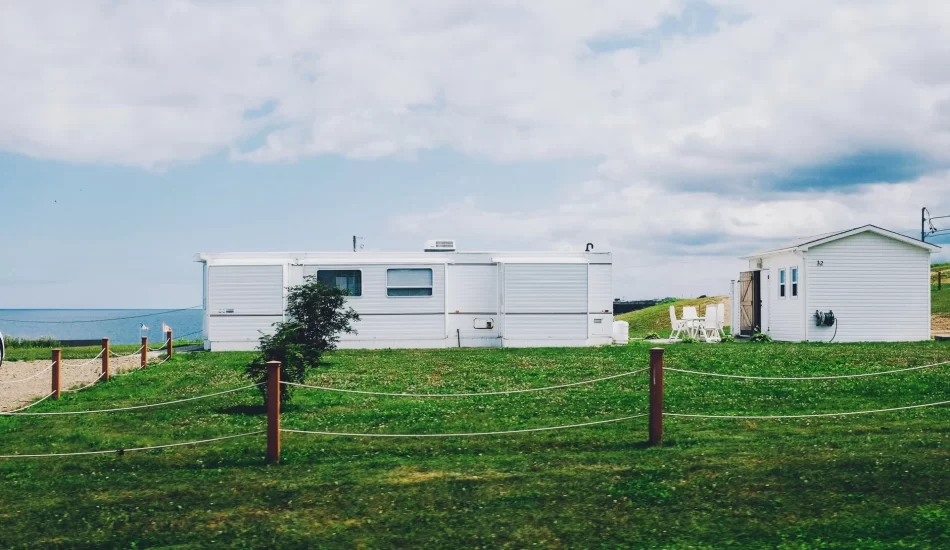|
|
Last Modified on Mar 20, 2021
If you are considering buying a mobile home for the first time, you are likely wondering about the process for purchasing one. To break this down a bit further, there are also differences between commonly used terms such as mobile homes and manufactured homes.
There will also be some differences regarding the purchasing process based on where your mobile is going to go. For instance, you may be planning on putting it in a park, or you may be putting it on land you own—or maybe you are in the process of acquiring land.
Regardless of your situation, we will go over some tips and concepts for you to consider before you commit to buying a mobile home.
Mobile Homes
Is a mobile home the same thing as a manufactured home? Yes and no. Before 1976, there was very little legal oversight for the construction of mobile homes. Factories used them as temporary housing for their workers, and families used them when they needed to travel frequently to find work.
In 1976, the U.S. Department of Housing and Urban Development (HUD), created standards to ensure the quality of the mobile homes being produced. This led to the creation of the manufactured home.
Manufactured Homes
Whether it is a single-wide, double-wide, or triple-wide, manufactured homes are built offsite and delivered to where you will ultimately reside in them.
Financing
If you are financing the purchase of your manufactured home (commonly referred to as a mobile home), then you will have to contact your lender to see what options are available to you. Although a lender will not give you a traditional home loan, there are other options.
Depending on the size of your mobile home and whether it has an approved/permanent foundation, it is possible to get a government-backed mortgage such as a VA Loan or an FHA Loan. However, not all manufactured homes are considered real estate. If it is not going to be taxed as real property, then these loan options will not be an option.
Purchasing Land
There are certain steps you will need to take if you are buying land to put a mobile home on. Are there any zoning restrictions that would prohibit you from using this property for the site of your mobile home? Are there restrictions or HOA rules that would force you to have your mobile home an X amount of distance away from your street and/or your neighbors’ property? If so, you have to ensure that you are going to proceed under those standards.
Another very important question—and one that is easy to overlook—is whether the land can withstand the weight of your mobile home. If in the past, there was a significant amount of water in your soil, but it is no longer there, there is a potential for the ground to collapse when you place your mobile home on it. During the due diligence phase of the land purchase, have the soil analyzed to determine its suitability for your purposes.
Thomas & Webber Lake at the Lake
Whether you are looking to buy your first home or a piece of land, the experienced legal team at Thomas & Webber can help. During your real estate purchase, we can assist you in the process while offering our advice on all the underlying legal matters. Contact us online to schedule your consultation.





